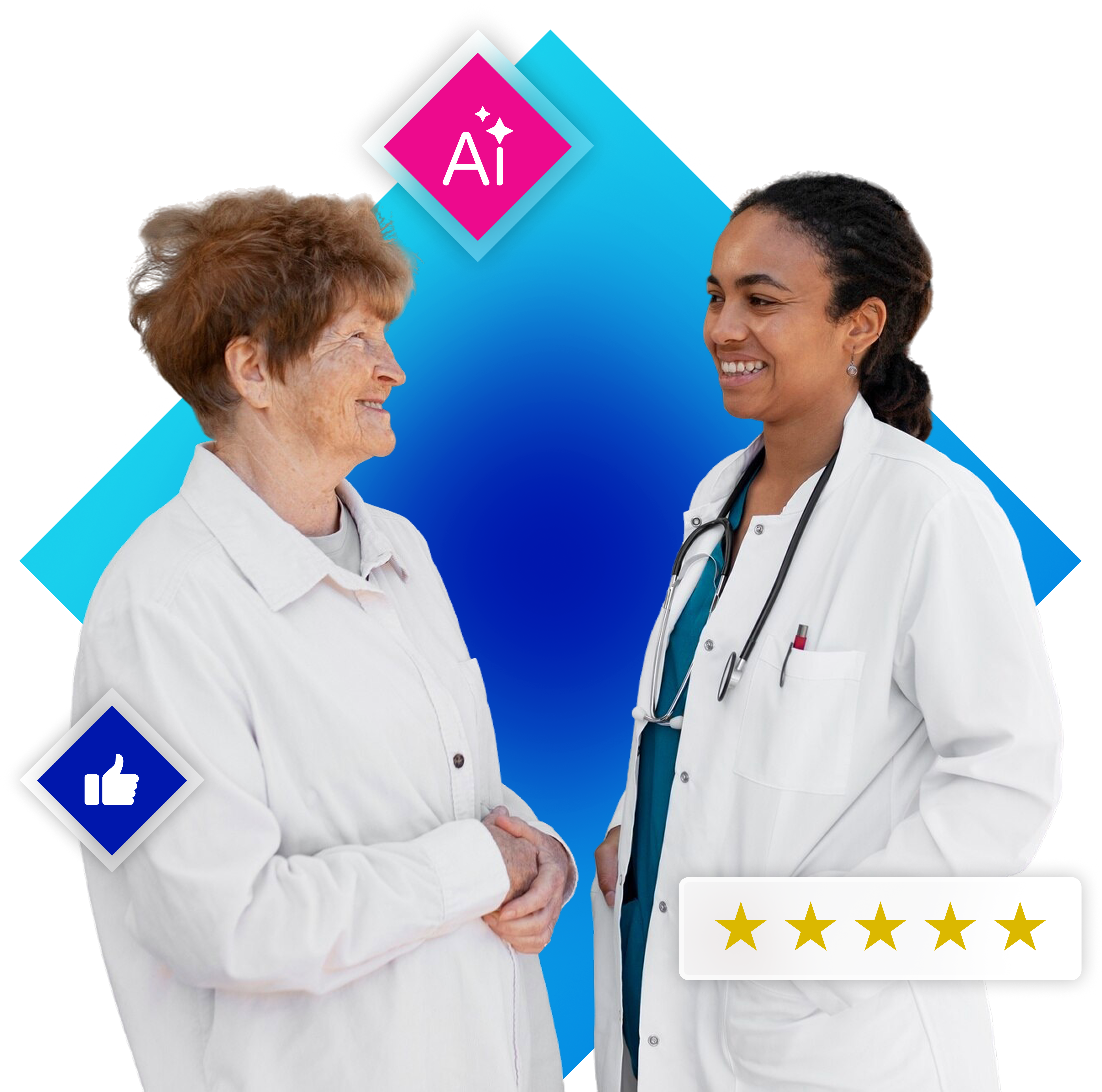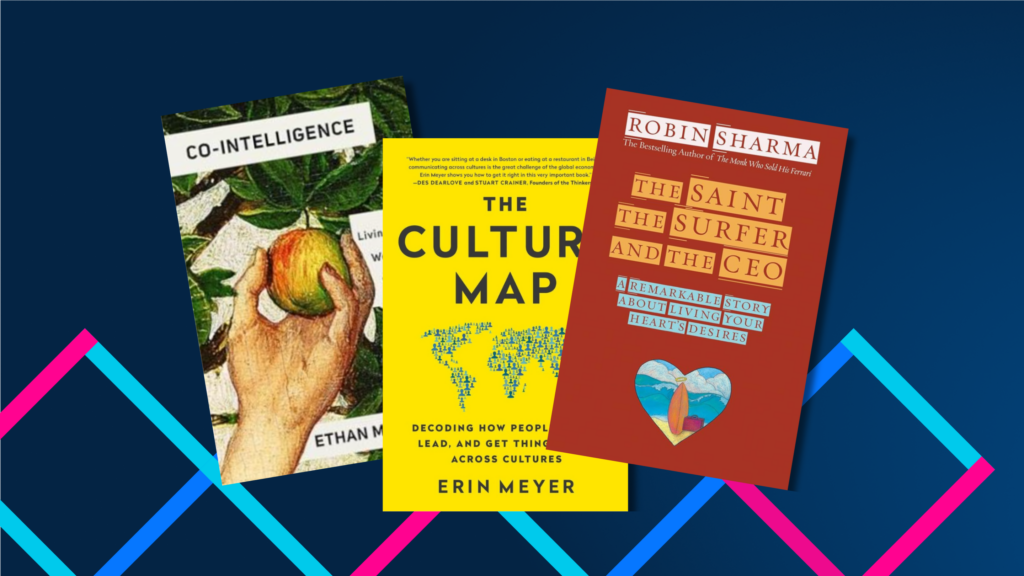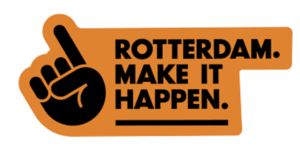
Glenna Crooks, PhD and Paul Hambly, EVP of Supply at Toluna
AI is transforming industries across the board, and healthcare is no exception. This is the third in a series of articles reviewing physicians’ perspectives on GenAI. It addresses the views of physicians who provide care in high-volume practices (150+ patients per week) and mixed adult-pediatric patient settings.
GenAI’s biggest supporters
Physicians seeing 150+ patients weekly demonstrate statistically higher enthusiasm across every key metric we measured. They’re not just optimistic; they’re expecting widespread adoption within 3-5 years to aid in:

High-volume paradox
Physicians’ enthusiasm for GenAI comes with a striking contradiction that highlights the complex realities of modern medical practice. Across all demographics, 73-76% of physicians agree that patients should be informed when GenAI assists with diagnoses and treatment recommendations.
Here’s where the story gets complicated for high-volume physicians: although nearly one-third of all physicians (32%) fear losing patients if they become aware that physicians use GenAI, this fear is more prevalent among high-volume physicians (40%, compared to 32% of mid-volume physicians and 30% of low-volume physicians).
Accountability realists
High-volume physicians also exhibit more sophisticated attitudes towards GenAI responsibility and accountability:
This suggests that high-volume physicians have more realistic expectations about the limitations of technology. They’re accustomed to making rapid decisions with imperfect information – a core skill in high-throughput practice. Their higher expectations for developer accountability might reflect a business-oriented mindset, where GenAI is viewed not only as a medical tool but also as a potential business risk.
Coming next
Our next article will explore the views of physicians who practice in hospitals or who teach and practice medicine.

Endnote:
As part of our “AI Everywhere” strategy, Toluna is committed to helping organizations navigate the opportunities and responsibilities that AI brings with it. We partnered with Glenna Crooks, PhD, a recognized policy strategist in global healthcare, to engage over 2,000 physicians on their views of generative AI.[1]
Using Curizon, Toluna’s proprietary panel of healthcare professionals, we explored perceived benefits and risks of AI in healthcare, accountability in the event of harm, and the need for ethical guidelines. The research also examined the advisability of a GenAI Oath modeled after traditional oaths taken by healthcare professionals.
[1]This survey was scripted and programmed by Toluna and fielded in February 2025 with 2,739 healthcare professionals in Toluna’s proprietary healthcare panel Curizon. Survey author: PersonaPanels & Glenna Crooks, PhD. All percentage data points and significance markers (p < 0.05) are derived directly from the survey cross-tabulation analysis.




